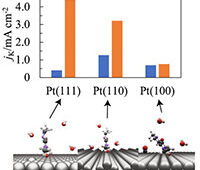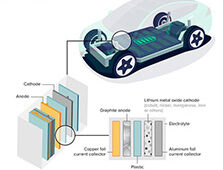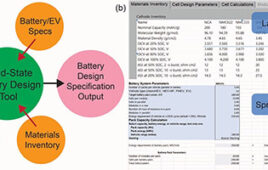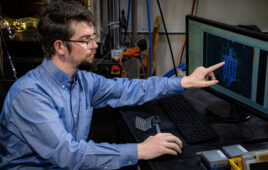 Cambridge Quantum Computing (CQC) has partnered with the German Aerospace Center (Deutsches Zentrum für Luftund Raumfahrt; DLR) to explore how quantum computing could help create better simulation models for battery development to aid future energy utilization.
Cambridge Quantum Computing (CQC) has partnered with the German Aerospace Center (Deutsches Zentrum für Luftund Raumfahrt; DLR) to explore how quantum computing could help create better simulation models for battery development to aid future energy utilization.
The collaboration will see DLR – the national aeronautics and space research center of the Federal Republic of Germany – use CQC’s quantum algorithms for solving partial differential equation (PDE) systems to render a 1D simulation of a lithium-ion battery cell. This lays the groundwork for exploring multi-scale simulations of complete battery cells with quantum computers, which are considered a viable alternative for rendering full 3D models. A multi-scale approach incorporates information from different system levels (for example atomistic, molecular and macroscopic) to make a simulation more manageable and realistic, potentially accelerating battery research and development for a variety of sustainable energy solutions.
Improving battery cells has an important role to play in mobile and portable application, such as smartphones, wearable electronic devices and electric cars, as well as in decentralized solar storage and frequency stabilization of the energy grid. Battery research could also eventually reduce the industry’s reliance on lithium – the material used in commercial batteries.
DLR has previously used classical computer modelling to research a range of different battery types, including lithium ion and beyond-lithium technologies. This is one of the earliest works combining partial differential equation models for battery simulation and near-term quantum computing. Using CQC’s software development framework for execution on NISQ (Noisy Intermediate-Scale Quantum) computers, DLR will render its quantum simulations on an IBM Q quantum computer.
For more information, visit CQC at cambridgequantum.com





Tell Us What You Think!